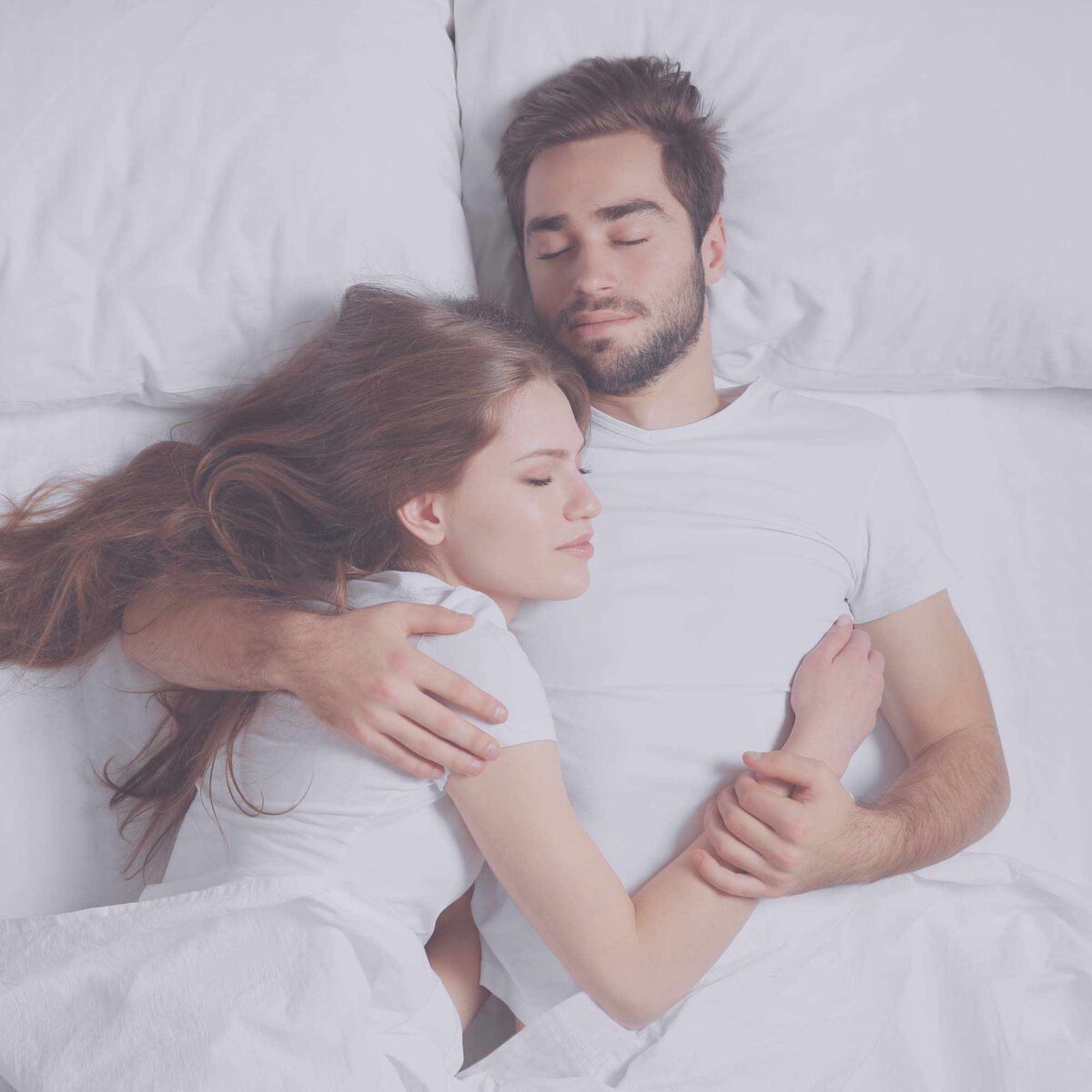
Well and healthy sleep
What promotes restful sleep is a science in itself. We are happy to help with this collection of tips.
No-go on the bedside table
The smartphone keeps us from falling asleep. Its blue display light inhibits the production of the sleep hormone melatonin, which controls the inner clock. It has also been proven that mains-operated devices – they give off a lot of heat – and metals in and around the bed have a counterproductive effect on sleep.
Left is healthier
Lymphatic systems and the spleen work better in left-sleepers, and the heart can pump blood through the body more easily because our aorta is bent to the left. In right-sleepers, the stomach presses on the pancreas, which hinders it in its work.
Setting limits
Many people not only sleep in bed, but eat, work or watch TV. However, the subconscious can no longer distinguish whether this is a place to work, eat or sleep. As a result, one later finds oneself in the deep sleep phase and feels as if one was exhausted the next morning.
Put in gentle gear
Exercise in the evening has a positive effect on restful sleep – but only if you do not overdo it and slow down at least two hours before going to bed. Excessive exertion stimulates our nervous system, but a walk or gentle yoga is still the best way to go.
The same applies to eating
light is good. And: The last meal should not be a standing snack right before going to bed. Otherwise, the stomach and intestines will be busy digesting the food, so that a peaceful, deep sleep is out of the question.
Relax
Our need for sleep and the quality of sleep changes in the course of our lives – due to age, hormones, diseases, stress etc. So don’t panic if you don’t or not always get the recommended eight hours per night. If you want to sleep better, you should pay attention to your individual sleep requirements – for this purpose, it is advisable to keep a diary or night book for documentation purposes.
January 10, 2019